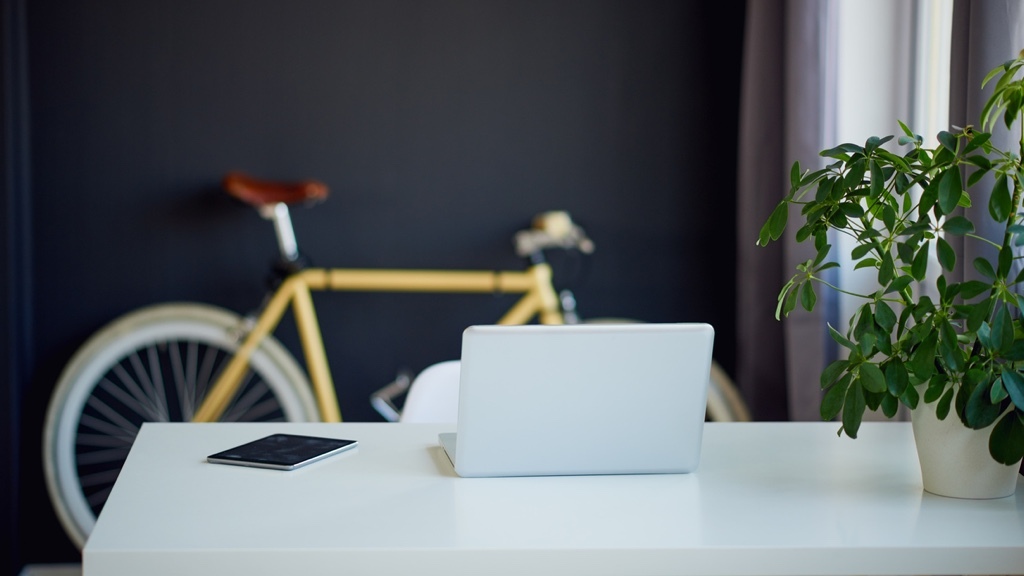Two positive effects of working from home (and one negative)
Datum: 2024-09-24 09:55

Is working from home really that efficient? The Stanford-researcher Nicholas Bloom and his colleagues did what has been referred to as the first randomized study on the effects of working from home instead of at the office back in 2011.
For you who prefer listening to reading, this post is also available as an episode of the “Done!” podcast:
During an experiment that ran for nine months, they let half of the 252 volunteering travel-bookers working for China’s largest travel agency CTrip keep working from the office and half to work from home (four out of five days a week) under the precondition that they had a fast internet connection and a designated room to work in at home.
More focus and more done, but less climbing of career-ladders
Three of the results were particularly interesting:
- Those who worked from home got on average 13% more work done — partly because they took shorter breaks and were home sick from work less, and partly because their working environment was more silent and they found it easier to focus.
- The number of employees who quit their jobs decreased by 50% amongst those who were allowed to work from home compared to those who continued working from the office.
- But, those who worked from home were at a disadvantage in terms of making advancements in their career. The promotions in this group went down by 50% compared to the office-workers.
If it fits you, it really fits you
Another fascinating aspect of the study was that after the experiment was concluded, half of the work-from-home-workers went back to working only at the office. This was the half that did not do very well working from home, which means that the productivity statistics for those who continued doing so increased to 22% compared to the original group of office-workers (which compares to the 13% increase measured when those who did not do well from home were still included in this group).
Do this
It might be difficult to draw any final and general conclusions from this study since it was conducted using a group of test subjects who work in a profession with very specific characteristics, something which the researchers were sure to point out in the study. Their job did, for instance, not require them to collaborate with others or be physically near those they perform tasks for since contact with the travelers they serve occurs over the phone and via booking systems.
But, if you have tasks which could just as well be done when you are alone and which require your full attention and focus for longer stretches of time to be done well, it appears as if you might be better off doing them from a home office (depending on how calm things are at your house, that is).
If this setup might suit you, why not try it? If it is not your decision alone, ask for permission to try it out. Perhaps you are one of those who would be so comfortable working this way that your productivity increases significantly — and your wellbeing too.
But, nota bene: judging by the study, working from home every day is not the ideal setup — not if you want to be promoted once in a while anyway. This is worth keeping in mind.
What’s your way?
Do you work from home from time to time? If so, what difference does it make to how you work and how productive you are? I would love to know. Please share your thoughts in an email to me.
(By the way, do you know how to show your colleagues when you plan to work from home?)
There's more like this!

If you want more tips on how to create good structure at work, there are many ways to get that from me - in podcasts, videos, books, talks and other formats.




